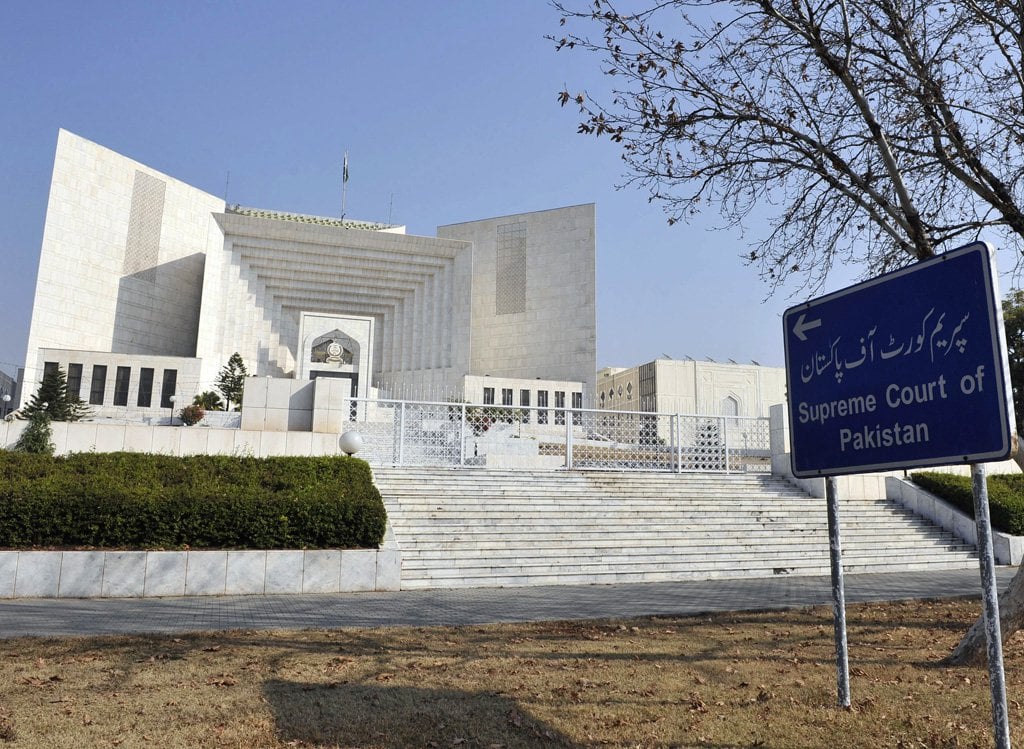
A three-member bench led by Chief Justice of Pakistan Gulzar Ahmed and comprising Justice Faisal Arab and Justice Sajjad Ali Shah will review implementation of October 6, 2011 verdict at the Karachi Registry on February 7 (Friday).
The last hearing in the case was in March 2016 by a five-member bench headed by then CJP Anwar Zaheer Jamali and comprising Justices Amir Hani Muslim, Justice Shaikh Azmat Saeed, Justice Faisal Arab and Justice Khilji Arif Hussain.
The chief justice Iftikhar Muhammad Chaudhry had taken a suo motu notice on the appeal of Pakistani Awami Tehreek chief Allama Tahirul Qadri, in a bid to improve the law and order conditions in the metropolis which witnessed one of its most violent summers when at least 1,000 people were murdered in drive-by shootings.
The verdict
“It is the duty of the State to protect and safeguard all these Fundamental Rights including the right to life and liberty as envisaged by Article 9 of the Constitution,” stated the judgment.
“Law and order affects the economic situation of the country,” Chaudhry remarked. The top judge had said that the law and order situation in Karachi had worsened after the 1990s operation against the Muttahida Qaumi Movement (MQM).
The Supreme Court (SC) ruled out a ban on the MQM and slammed the Sindh Government for failing to take effective measures against target killings and extortion.
The court said that banned outfits including Sunni Tehreek are involved in extortion, while there are allegations of the same offence against parties such as Pakistan Peoples Party (PPP), Jamat-e-Islami (JI), Awami National Party (ANP) and MQM.
The CJP also said that he was informed by Inspector General (IG) of Police that 40 per cent of the police officials had been recruited on political grounds and said that he was reluctant to act decisively.
Read the full judgment here.

















1714029027-0/Tribune-Collage-Feature-Images-(11)1714029027-0-270x192.webp)
1714027629-0/Ranbirtransformation-(1)1714027629-0-270x192.webp)
















COMMENTS
Comments are moderated and generally will be posted if they are on-topic and not abusive.
For more information, please see our Comments FAQ